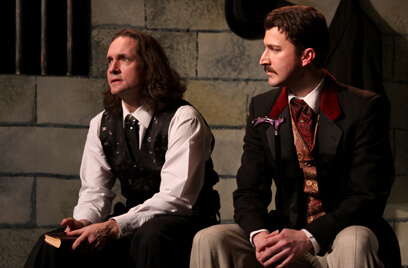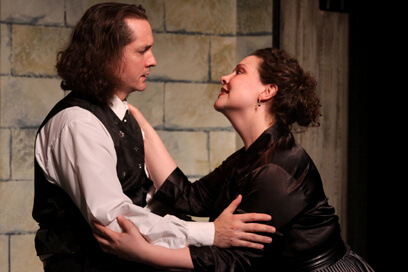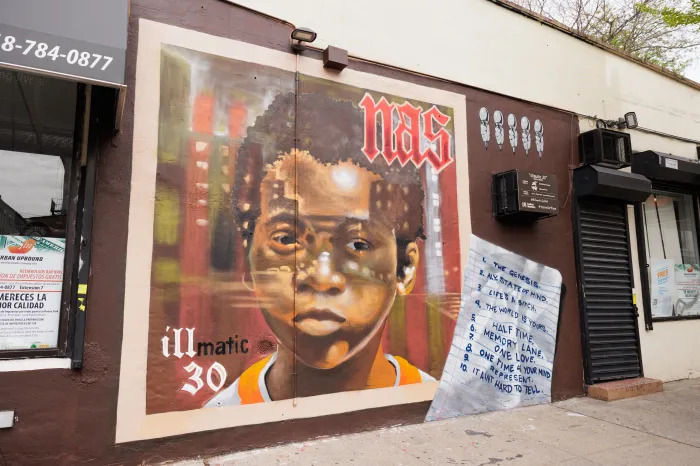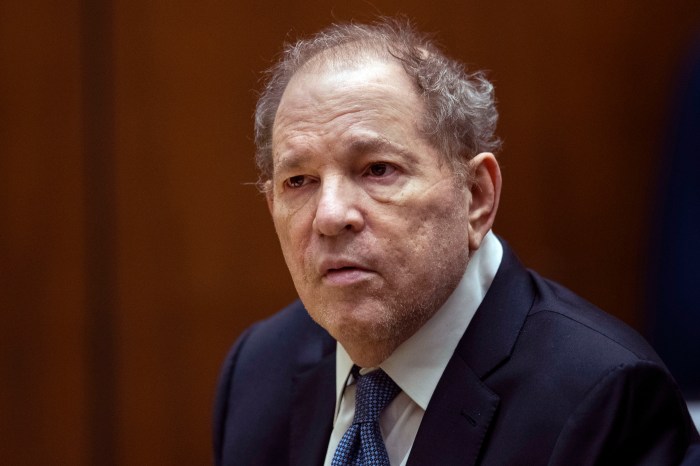By Kevin Zimmerman
On the surface, Angela Iannone’s play, “This Prison Where I Live,” appears to be little more than an historical ghost story, but underneath it asks tough questions about ambition, forgiveness and redemption.
Titan Theatre Co. presents the world premiere of this piece at the Secret Theatre in Long Island City through Sunday.
In the second play of a planned trilogy to focus on Edwin Booth, the 19th-century actor and older brother of a presidential assassin, Iannone sets the action at the McVicker’s Theater in Chicago 14 years after Abraham Lincoln’s murder.
Act I begins with Edwin, played by Reese Madigan, running through the prison scene in “Richard II.” But for Edwin, rehearsals mean more than line readings, he also mechanically speaks the stage directions, creating less of a performance and more of a going-through-the-motions exhibition.
Madigan, who possesses the leading-man looks of the real Edwin, plays it straight, creating some funny bits of stage work. Edwin walks through the part of Richard, thereby creating the acting sin of not being present in the moment. Every gesture is the same. No movement varies. He is a prisoner of his own performance, which later has possible dire consequences.
As a younger actor, Edwin was renowned for his performances in “Hamlet.” It’s appropriate that the prince seemingly unable to move himself to action — “To be or not to be” — is the character most linked to Edwin.
Edwin is also a prisoner of his own mind, where the ghosts of his dead wife and little brother, John Wilkes, continue to visit him but do not offer solace as much as mental anguish.
Susan Maris plays Edwin’s dead wife, Mary “Mollie” Devlin, as a nearly mute vision. Edwin clings to Mollie, even as his new wife, Mary McVicker, played by Tressa Preston, suffers from mental illness and longs for him to be present in their marriage.
As John Wilkes, Tristan Colton actually creates a rather likeable character — for a murderer who nearly destroyed the nation.
His John Wilkes is funny, foul-mouthed and smart. Born into an acting dynasty, John Wilkes entered the family business less for the love of performing than as a way to meet and bed women. He was also pushed into it by Edwin, who saw a great actor in the younger man where one most likely never existed.
Into the mix, Iannone throws in a younger man, Mark Grey, who appears at the theater to ask Edwin for advice and counsel.
The young man says he is gravely ill and worried that he does not know how to face his mortality. Incidentally, in 1879 a man named Mark Grey attended a performance of “Richard II” in Chicago and tried to kill Edwin Booth by firing two shots at the stage — both missed the target, which for some reason altered his character’s movements that night.
Mark believes because Edwin has played so many characters who face death with “blithe and carelessness” the actor is an expert at how to die.
Edwin attempts to humor Mark, who begins to ask the actor if he is ready to die. Then during the following performance just as Edwin begins, Mark fires two shots at the stage where the actor would normally sit for the duration of the speech. But Edwin didn’t stay stuck in his usual spot.
It is right at that point that Edwin finally seems to realize he is ready to unstick his life and to let go of the past and its ghosts.
He sends Mary McVicker to stay with her parents until she regains her grasp on reality and accepts that their son, Edgar, died in childbirth and wasn’t taken away by Edwin to punish her.
And the great actor decides it is even time to forgive his brother and finally mentions his name for the first time in more than a decade when he says, “I love you, Johnny.”
Iannone’s fictionalized account of the Booth family and their tragedies, both public and private, provides a sometimes funny and often thought-provoking look at what it means to be in the present while honoring the past.
If you go
“This Prison Where I Live”
The Secret Theatre
44-02 23rd St., Long Island City
Cost: $15/advance, $18/at door
Contact: (347) 738-5602
Website: www.titantheatrecompany.com






























